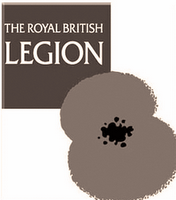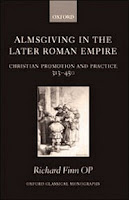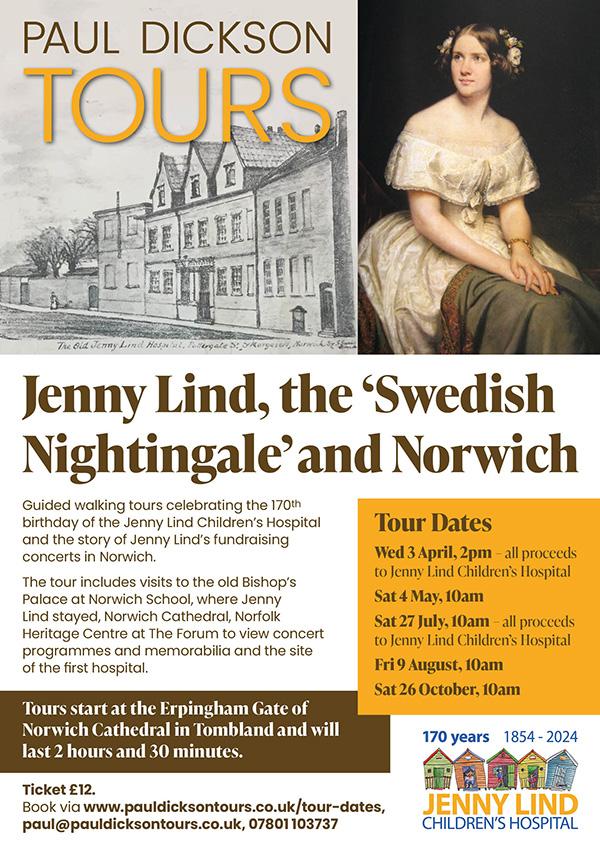Since the National Lottery was introduced there seems to have been more and more begging letters coming through our letterboxes. They are very adept in their approach. Some enclose half a dozen greetings cards or a sheet of stickers with your name and address printed on them to make you feel they should be reimbursed.
One even sent a few pence taped onto the letter and asked for it to be returned with a donation. Others, no longer satisfied just asking for a contribution, state clearly what varying amounts of money would provide. These used to start at two pounds but are now more likely to suggest ten as a minimum.
 Registered companies now provide bags and make house collections asking for old clothes and linen etc. that they can sort and sell to charities that need them. Most of these are for deprived countries or whenever there is a major disaster.
Registered companies now provide bags and make house collections asking for old clothes and linen etc. that they can sort and sell to charities that need them. Most of these are for deprived countries or whenever there is a major disaster.
Did You Know? Since the start of the lottery, many of the larger Charitable Organisations that previously collected their own contributions have turned to professional companies to do it for them. It is generally believed that much of the money staked each week is that which would have gone to people’s favourite Charity.
 Knowing that some of it was allocated to selective deserving causes was enough to ease any feeling of guilt the punters might have had. There is no doubt that far more money is gambled on the National lottery now, than any charity ever dreamed of seeing.
Knowing that some of it was allocated to selective deserving causes was enough to ease any feeling of guilt the punters might have had. There is no doubt that far more money is gambled on the National lottery now, than any charity ever dreamed of seeing.
 Unfortunately, like any organised game of chance, before the winners are given their percentage or any donations are forthcoming the organisers have to be paid and their expenses reimbursed. No matter where that stake money goes one thing becomes clear, although there is no tax on it and costs are incurred collecting and managing it, the total amount paid to the winners and Charities each week is considerably less than that contributed by the punters.
Unfortunately, like any organised game of chance, before the winners are given their percentage or any donations are forthcoming the organisers have to be paid and their expenses reimbursed. No matter where that stake money goes one thing becomes clear, although there is no tax on it and costs are incurred collecting and managing it, the total amount paid to the winners and Charities each week is considerably less than that contributed by the punters.
 However, it is unlikely the public would ever have given away to charities the amount that is now gambled every week on the National lottery, scratch-cards and other games of chance. There are now plenty of professional bodies available [at a price] to put forward an application for funding on behalf of any worthwhile project a section of the public might have in mind.
However, it is unlikely the public would ever have given away to charities the amount that is now gambled every week on the National lottery, scratch-cards and other games of chance. There are now plenty of professional bodies available [at a price] to put forward an application for funding on behalf of any worthwhile project a section of the public might have in mind.
 Charity is defined as ‘The disposition to think favourably of others and do them good’. ‘Almsgiving’. There has been charity for as long as the human race has lived in communities.
Charity is defined as ‘The disposition to think favourably of others and do them good’. ‘Almsgiving’. There has been charity for as long as the human race has lived in communities.
 In every group of people there has always been those who give to the poor and help the weak. It was such people who financed housing and institutions for the needy and originated many of the benefits we now receive by right and take for granted. However, there are lots of large and small organisations doing essential work with very little or no regular income or funding and it can be argued that they are important enough to Society to be supported by the Government. Nevertheless they are not. They are completely reliant on the help they get from the public as a licensed charity.
In every group of people there has always been those who give to the poor and help the weak. It was such people who financed housing and institutions for the needy and originated many of the benefits we now receive by right and take for granted. However, there are lots of large and small organisations doing essential work with very little or no regular income or funding and it can be argued that they are important enough to Society to be supported by the Government. Nevertheless they are not. They are completely reliant on the help they get from the public as a licensed charity.
 Many of the long-standing charities do still get some support from the public but they now have to work much harder for it than they used to. Nobody objects to putting a few coins into a collector’s tin when it is for the British Legion, Salvation Army or a local association because they are sure most of it will go to the cause they are supporting and not spent on maintaining officials and administration staff in large offices.
Many of the long-standing charities do still get some support from the public but they now have to work much harder for it than they used to. Nobody objects to putting a few coins into a collector’s tin when it is for the British Legion, Salvation Army or a local association because they are sure most of it will go to the cause they are supporting and not spent on maintaining officials and administration staff in large offices.
 We are all expecting to have to tighten our belts this year as the cost of living becomes more expensive. This will certainly have an affect on every kind of almsgiving.
We are all expecting to have to tighten our belts this year as the cost of living becomes more expensive. This will certainly have an affect on every kind of almsgiving.
 With less money in people’s pockets any idea they might have of increasing stake money on the lottery in the hope of shortening the odds cannot be maintained for long. Paying out less prize money when it is already excessive won’t really matter and is unlikely to dampen the punters enthusiasm for playing.
With less money in people’s pockets any idea they might have of increasing stake money on the lottery in the hope of shortening the odds cannot be maintained for long. Paying out less prize money when it is already excessive won’t really matter and is unlikely to dampen the punters enthusiasm for playing.
 The organisers will still be paid and take their expenses. As will the people responsible for collecting the money for the Charities. So it is only those who are dependant on the support of the Charities that will really suffer.
The organisers will still be paid and take their expenses. As will the people responsible for collecting the money for the Charities. So it is only those who are dependant on the support of the Charities that will really suffer.
The time when donations fall far short of the amount of money required to maintain the ever increasing demand from organisations and Groups who are trying to help the needy, sick and deprived must be getting ever nearer.
Perhaps it is time for a review to determine how many of our Charities that are working for such things as Medical Research, the poor and needy, the environment etc. should have regular funding from a Government source so any money collected from the public would then give them that little bit extra: – ‘The icing on the cake!’
valley lad – [THIRTY-SEVEN]









